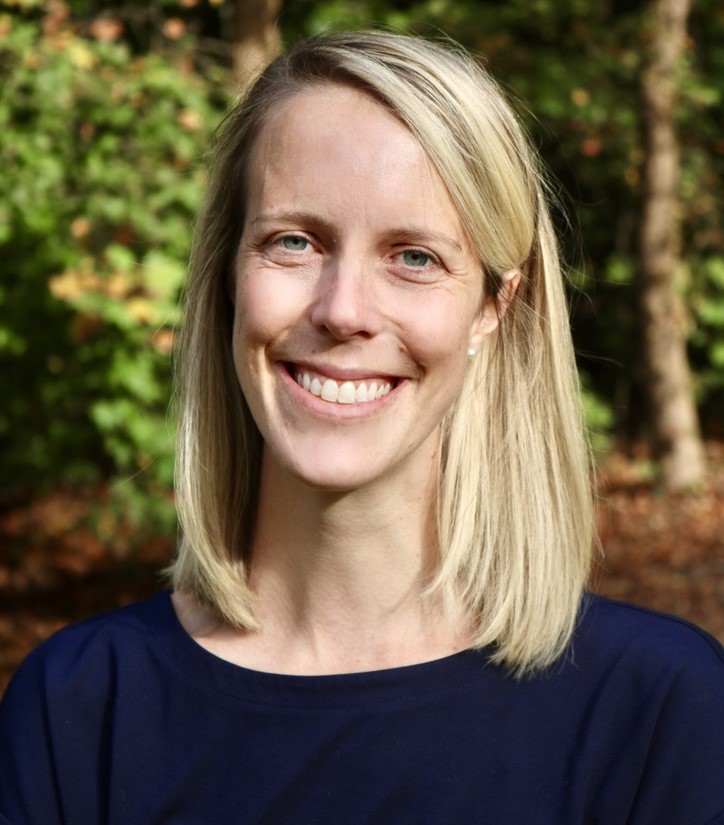
May 2024
Katherine Pickard’s involvement with research began 15 years ago as an undergraduate. Eventually, she went to graduate school thinking she would do clinical practice because she enjoys working with autistic kids and their families. However, once she was in graduate school, she realized her interest was in research when she was struck by the privilege held by many families entering early intervention clinical trials and outpatient services, many of whom were white and highly educated. She began questioning how families came to access services for their autistic child, and what services were available to families in the community rather than in select university-affiliated clinics. Dr. Pickard wanted to improve health disparities, quality care, and use science to increase access to care in a meaningful way. The importance of early access to care includes helping autistic children advocate for themselves, use more communication, and to have good quality of life into adulthood.
Dr. Pickard’s research looks at how interventions and services are responsive and adaptable to communities. She says many of the interventions developed have been developed with white affluent families, so the perspectives and values of all families have not necessarily been represented in treatment. She wants to partner with different community systems to ensure the interventions delivered are delivered in a way that accounts for the values of the families receiving them. In another area of her research, she hopes to learn how to build capacity in the workforce to effectively deliver high quality care. Her work tries to understand the barriers in scaling up interventions in different systems and develop strategies that target those barriers. For example, if a provider isn’t incentivized to use a certain practice, how can she change that to promote different use of practices?
Currently, Dr. Pickard oversees a contract with the Georgia Department of Public Health where kids under three-years-old with developmental delay can qualify for services. Dr. Pickard helps think through strategies that help early intervention that providers use quality care. Dr. Pickard’s early career award from the NIH allows her to take one of the best practices for autism and work with families and providers to make it more adaptable to the needs of the system. Another project Dr. Pickard is working on is a large comparative trial from Patient-Centered Outcomes Research Institute. This project compares two mental health interventions for autistic kids in public schools to see which services are best to help reduce anxiety.
Most research processes are informed by partners such as caregivers and community providers. For example, a board of autistic teens is in place to help Dr. Pickard and her team think through how to conduct research with teens in a meaningful way. Dr. Pickard says she leans on her partners to help make decisions.
The top goals for Dr. Pickard’s research include building the capacity of communities to deliver and sustain high quality care so families can access the services they need for autistic kids in their communities. Another goal of hers is to conduct work that’s meaningful. Dr. Pickard says, “I hope the research I do helps people answer questions they care about and that I build relationships that sustain the work we’re doing.”

